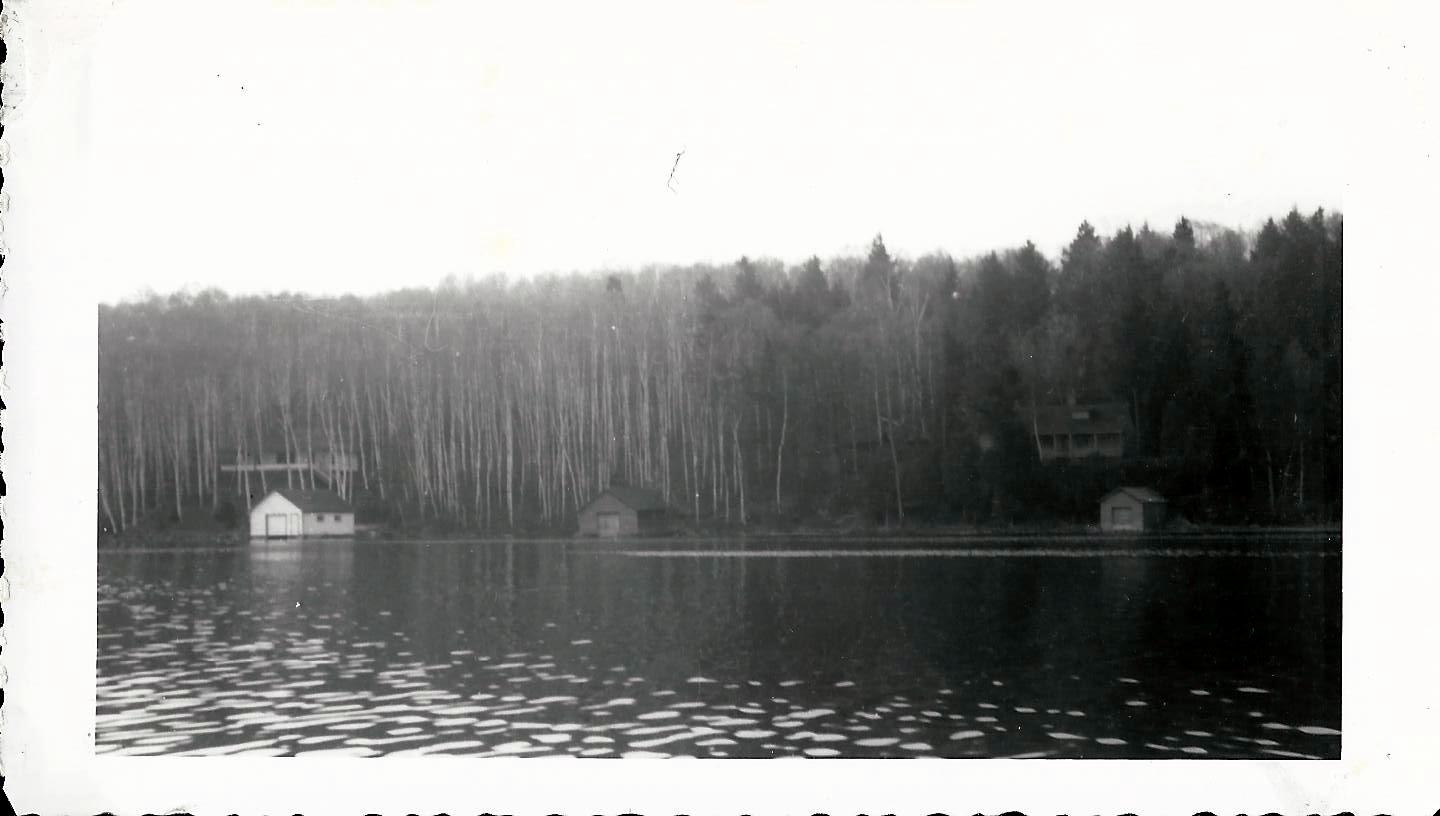Write a short story that describes your sense of home; write about the values and the stories that you use to connect yourself to, and to identify your sense of home.
Home is important to me – I see myself as a person who holds ‘home’ dearly. I have spent quite a bit of time quite far away from home, and more recently have felt the pull to home. I grew up in one house, from when I was 3 until I left for school at 17. That house I still call home, just down the road from my parents’ house now. Separate from that sense of home and also deeper, is the connection I have to the cottage, just an hour away, where I’m the fourth generation of my family and of many other neighbour families. That lake is the place that’s in my blood, I say. That’s the water my future children will learn to swim in. My connection to that land is the closest I can get to understanding how resistant we settlers can be to being called settlers, stealers of land. Because that place belongs to me, and I belong to it, and even more strongly belongs to my family, and my family to it. My sense of belonging to this specific piece of land amplifies the difficulty, for me, of “unsettling the settler within”.
This is a story about my younger self spending a day at the cottage with a visiting friend.
“Good morning Sleepyhead!! Get up get up! You’re wasting away the day!” We put on our bathing suits and had breakfast and went to dig up some clay to make dishes. “Now we have to leave them in the sun to dry. What do you want to do now?” “Let’s go for a walk on the trail!” “We can go for a walk on the path. The trail is at home, up the hill to Lynne’s house. But this is the path.” Courtney folded her arms. “I thought a path was the same as a trail.” “Maybe sometimes, but this path is the path. Let’s go.”
“Which way are we going?” “We’re going to Springsyde. It’s east.” Courtney looked around. “How do you know it’s east?” “It’s east because that’s where the sun rises. Because my grandma’s chair is on the east side of the window and she always likes to get up to see the sun rise.” Courtney nodded and accepted my authority. “This is the Ponomarev’s. But it used to be the French’s. The Ponomarevs are new. That’s the Mackay’s. I forget what it used to be. And that’s the Sussman’s, but it’s really the Musselman’s because the Sussmans just moved here and the boathouse is called Musselman’s boathouse.” “Why can’t you call it the Sussman’s boathouse?” “You can’t call it the Sussman’s boathouse! There are all different boathouses and this one is called Musselman’s boathouse, and this is the most important one because we can see it from way across the lake.”
Further down the path, one empty dock was sticking up far above the water. Courtney stopped to look. “Why is that dock so crooked?” “The ice did that.” “Really? Just ice?” I thought about the sound of the ice on really cold days in the winter. “The ice is stronger than all the rocks and wood in any dock on the lake. The ice is a lot more powerful than us.” We looked at the dock for a minute, but it was hard to imagine the power of the ice while it was so hot and sunny out.
On the way back we hopped from rock to rock. “What’s this cottage?” Courtney asked. “That’s the Struthers.” Hop. Hop. “And what was it before?” “It was always the Struthers. They are our best neighbours.” Hop. “What was your cottage before?” “Our cottage was always ours. My dad’s dad’s dad built it. My grandpa’s dad.” Hop. Hop. “So did your grandpa’s dad know the people who made the path?” I stopped hopping. “Well, I know the people who made the path. Because we walk on it that’s why it’s here. We have to keep walking on it.” That made sense to me, but it didn’t seem to make sense to Courtney. “But who made it before? You said it was really old.” Hop. Hop. “Well maybe the people who used to go to the train at North Portage made it. That was the world’s shortest steam train! We can go see it in town tomorrow if you want. But people didn’t have to walk on the path all the time, because there was a boat that came and brought them things to their dock!” “Really?” Hop. “Before there was a road, there was only a train and a boat”. “What about before the train and the boat?” Hop. Hop. Hop. “There was always a boat. But North Portage and South Portage are called that because people used to carry their canoes up over the big hill to Lake of Bays. That was before there was a train.”
“Want to go out in the canoe now?” We got out the paddles and Courtney dropped hers. “Ahh a spider!! Kill it!” “No, it’s just a tiny spider.” I shook it off and gave back her paddle. “My mom says that spiders live here all the time. We are just visiting.”
Works Cited
“Peninsula Lake Historical Committee.” Pen Lake. Peninsula Lake Association, n.d. Web. 5 June 2015. http://penlake.ca/hist.htm
Regan, Paulette. “Unsettling the Settler Within: Indian Residential Schools, Truth Telling, and Reconciliation in Canada.” Vancouver: UBC Press, 2010. Print. http://resolve.library.ubc.ca/cgi-bin/catsearch?bid=6607628
“Springsyde Cottages, East to West.” 1930s. Peninsula Lake Cottages. Peninsula Lake Association. Photograph. Web. 5 June 2015. http://penlake.ca/hist-cottages.htm


🙂